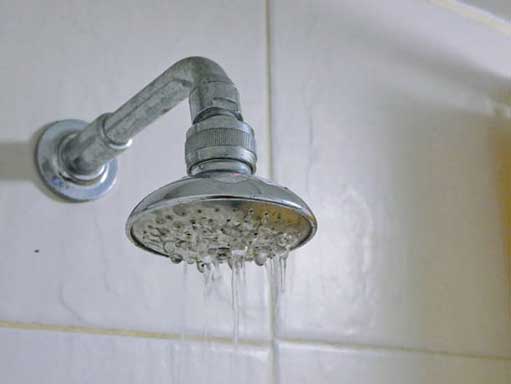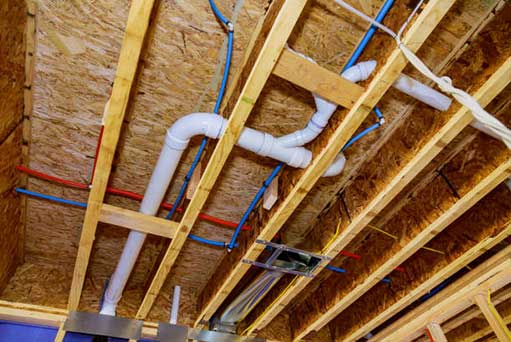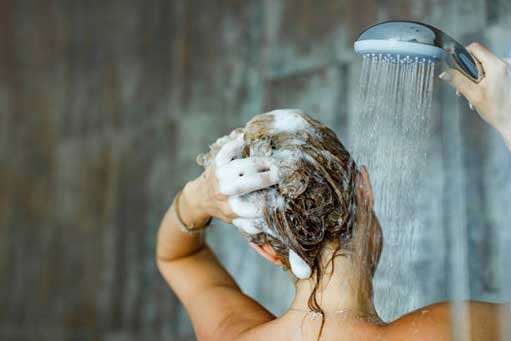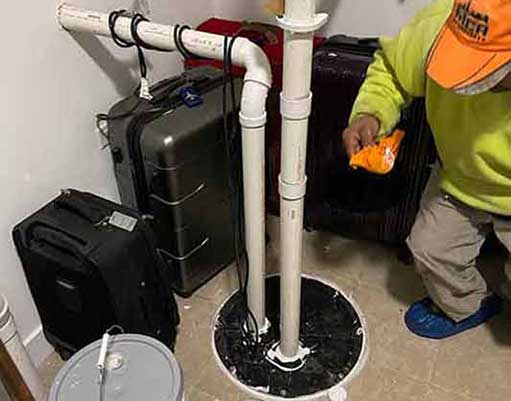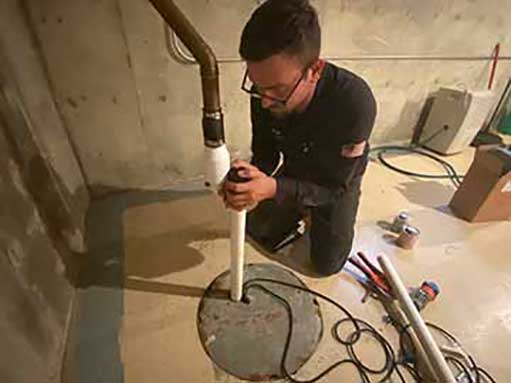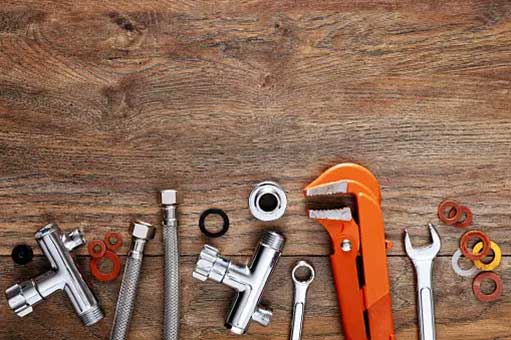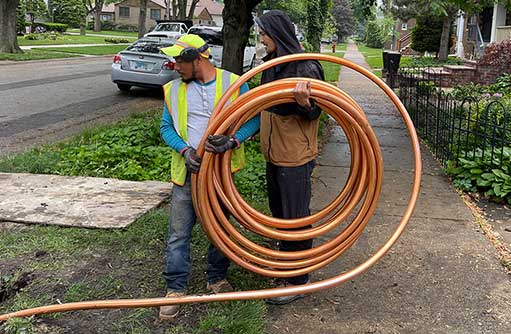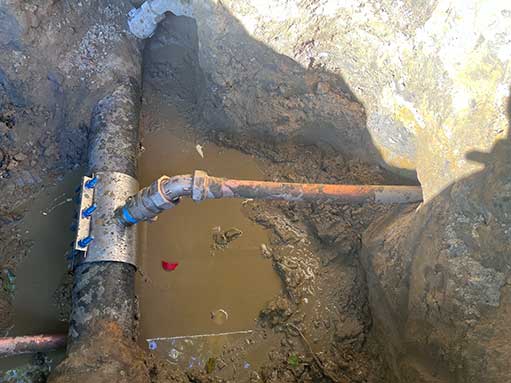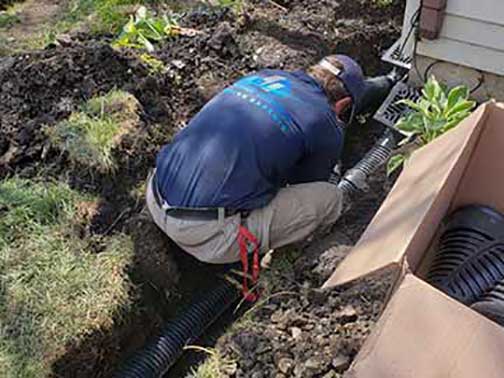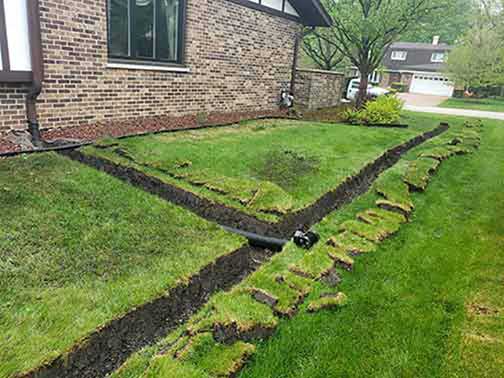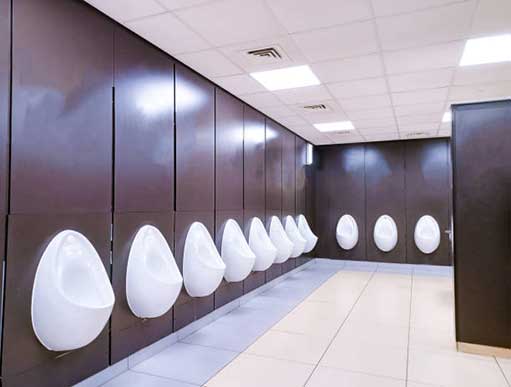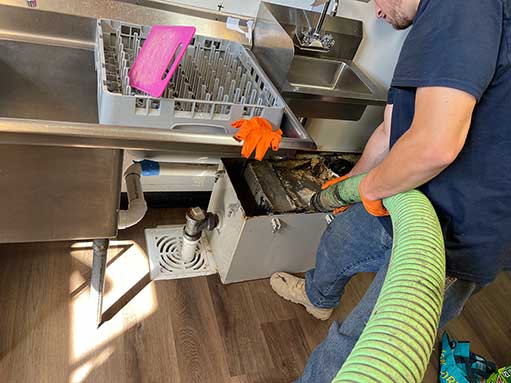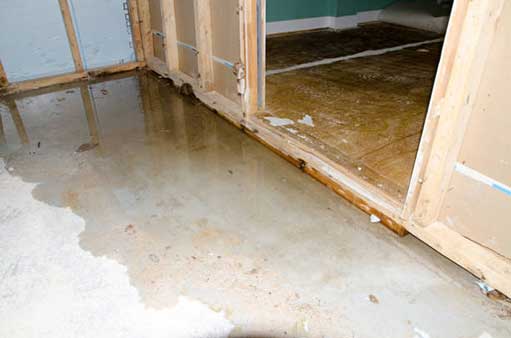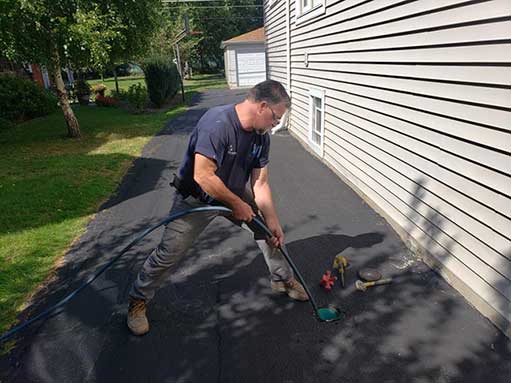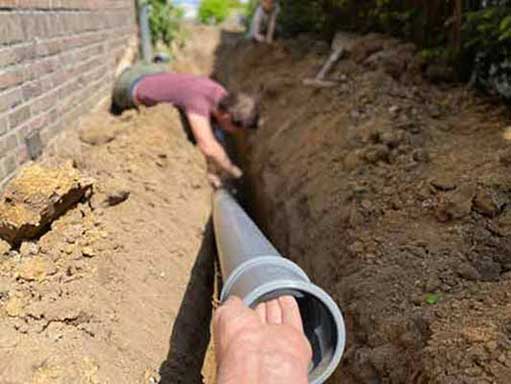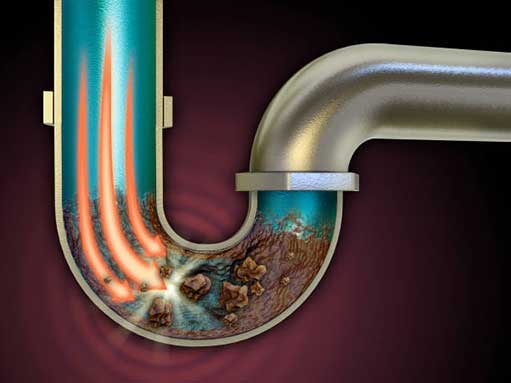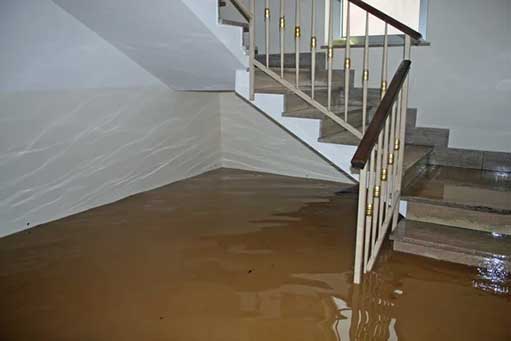
In this piece, we will delve into the importance of a reliable sump pump in preventing the devastating effects of flooding in this vibrant city. Chicago, known for its stunning skyline, diverse culture, and deep-dish pizza, has unfortunately faced numerous challenges when it comes to managing excessive rainfall and flash floods. We will explore the causes of these floods, their impact on the city, and how a dependable sump pump can play a crucial role in mitigating the damage caused by these natural disasters.
The Flash Flooding Problem in Chicago
Chicago experiences a significant amount of rainfall throughout the year, making it susceptible to flash flooding. Located near the southwestern shore of Lake Michigan, the city’s flat terrain exacerbates the issue, as water has nowhere to drain quickly. The urban environment, with its multitude of impervious surfaces like roads and buildings, further hampers the natural absorption of rainfall.
The Devastating Impact of Flash Floods
Flash floods can wreak havoc on a city like Chicago, causing damage to infrastructure, homes, and even endangering lives. The sudden and excessive accumulation of water overwhelms the city’s drainage systems, leading to flooded streets, basements, and even ground floors of buildings. Not only do these floods result in costly repairs and property damage, but they also disrupt daily life and pose a serious health and safety risk to residents.
Understanding the Role of Sump Pumps
A sump pump is a vital component of a comprehensive flood prevention system. It is a device installed in the lowest part of a building, typically in the basement or a crawl space, to remove water that has gathered in a sump pit. The sump pit is a reservoir dug to collect excess water, especially during heavy rainfall or flooding.
When water reaches a certain level in the sump pit, the sump pump activates and pumps the water out and away from the building, preventing it from rising and causing damage. A reliable sump pump ensures that water is efficiently and safely discharged, helping to keep basements and crawl spaces dry.
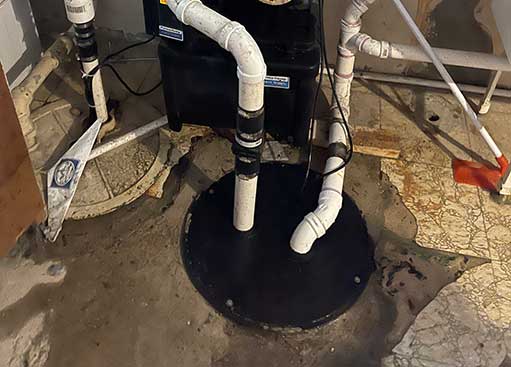
By swiftly removing excess water from basements and crawl spaces, it helps to prevent mold growth, structural damage, and deterioration of valuable possessions.
The Importance of a Reliable Sump Pump
When it comes to battling flash flooding in Chicago, having a dependable sump pump can make all the difference. Here are some key reasons why investing in and installing a reliable sump pump is crucial:
Protection Against Property Damage
A reliable sump pump can significantly reduce the risk of water damage to your property. By swiftly removing excess water from basements and crawl spaces, it helps to prevent mold growth, structural damage, and deterioration of valuable possessions.
Prevention of Health Hazards
Flooding can create a breeding ground for bacteria, mold, and other harmful substances. By promptly removing water, a sump pump helps prevent the growth of these pollutants, reducing the risk of respiratory issues and other health hazards for occupants of the home.
Safeguarding Electrical Systems
Water and electricity are a dangerous combination. Excess water in basements or crawl spaces can damage electrical systems, potentially leading to electrical fires or other hazards. A reliable sump pump ensures water is efficiently removed, reducing the risk of electrical malfunctions and keeping your property safe.
Preserving the Structural Integrity
Excessive water accumulation can weaken the foundation of a building and compromise its structural integrity. By keeping basements and crawl spaces dry, a sump pump helps preserve the stability of the building, preventing costly repairs and ensuring the longevity of your property.
Peace of Mind
Investing in a reliable sump pump provides homeowners and business owners in Chicago with peace of mind, knowing that they have taken proactive measures to protect their properties from the devastating effects of flash flooding. It offers reassurance during heavy rainfall events that their sump pump system is prepared to handle the excess water efficiently.
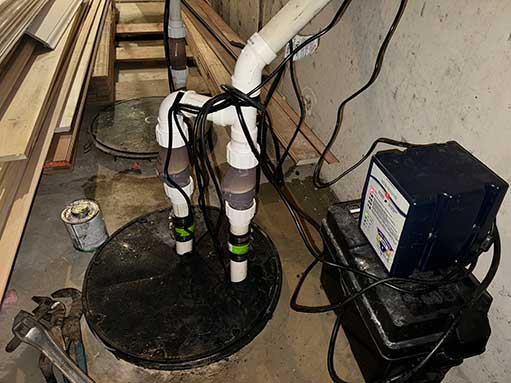
Investing in a sump pump with a battery backup system ensures its functionality even during electrical failures, providing continuous protection for your property.
Choosing the Right Sump Pump
Now that we understand the importance of a reliable sump pump, it is essential to know what factors to consider when selecting one:
Capacity and Power
Consider the size and power of the sump pump you need based on your specific requirements. Factors such as the size of the area you want to protect and the average amount of rainfall in your area of Chicago should be taken into account.
Pump Type
There are different types of sump pumps available, including pedestal pumps and submersible pumps. Pedestal pumps have the motor located above the pit, while submersible pumps are entirely submerged in the water. Each type has its advantages, so choose the one that best suits your needs.
Battery Backup
Power outages often accompany severe storms and flash floods. Investing in a sump pump battery backup system installation ensures its functionality even during electrical failures, providing continuous protection for your property.
Maintenance and Testing
Regular maintenance and testing of your sump pump are crucial to ensure its reliability. It is recommended to clean and inspect the unit periodically, checking for any signs of wear or damage. Testing the pump by pouring water into the pit can also highlight any potential issues.
In conclusion, Chicago’s battle with flash flooding is an ongoing challenge, but with the right preventive measures, such as a reliable sump pump, the effects of these floods can be minimized. By understanding the importance of a sump pump in protecting against property damage, health hazards, and electrical issues, residents and business owners can take proactive steps to safeguard their properties. Remember to choose a sump pump that suits your specific requirements, and regularly maintain and test it to ensure its reliability. By doing so, you can be better prepared for the unpredictable nature of Mother Nature and ensure the safety and longevity of your property in the face of flash flooding.
